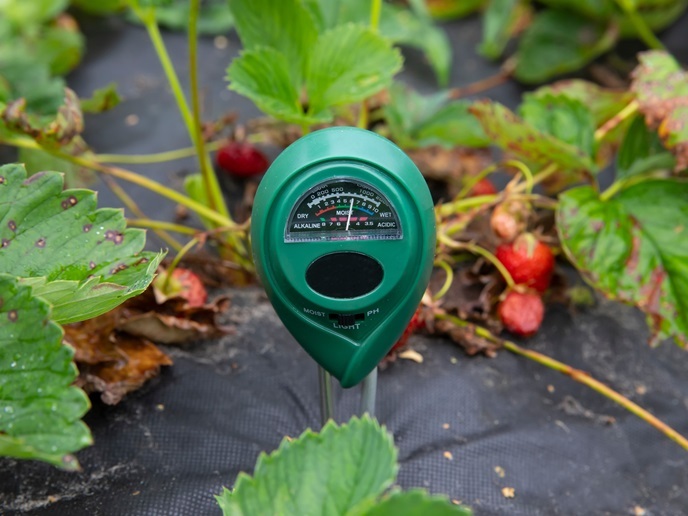Tropical bird serenades without training
Bird conservation efforts require an understanding of the diversity of mechanisms governing reproductive behaviour. Although more than 50 % of bird species are found in tropical regions, most studies focus on birds endemic to temperate regions. This focus needs to shift to create balance in this field of research. Therefore, the EU-funded 'Control of reproductive behaviors in an equatorial sub-oscine bird: Implication for biodiversity studies' (LIPAUGUS) project was conceived. The project focuses on a tropical bird, Lipaugus vociferans (screaming piha), also known as the voice of the Amazon. In the Amazonian basin, screaming piha males rely on group displays of vocal courtship to find mates. The LIPAUGUS project aims to give insight into the timing, biochemical signals and learning behind this reproductive behaviour. Researchers recorded the signals from individual birds using a novel recording system based on overlapping triangulation. Results showed that males in the centre of each group had more complete melodies. This could be a feature to attract females to more dominant males. Since reproductive rate is low during the rainy season despite consistent singing, females might integrate the males’ vocal performance over long time periods. Testicle size and hormone-sensitive sound-producing muscles (syrinx) were associated with seasonality of mating. Studies on brain anatomy further suggest that the intricate melodies are innate and not learned, as is the case in related songbirds. This project shows that non-songbird species that are frequent throughout the tropics may acquire vocal abilities by different means than songbird species and provides a model to explore the roles of ecological conditions in courtship behaviour. The sound recording system is now available to the broader scientific community for monitoring to promote conservation research.







